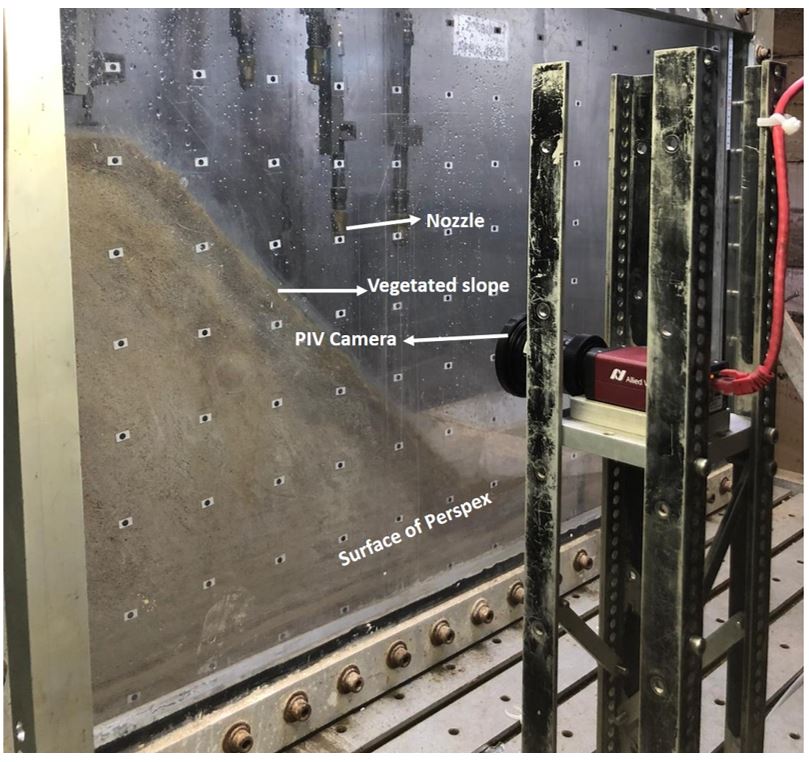CURRENT PROJECTS (SELECTED)
Raul B. A. DE SOUSA
Research topic: Stability of unsaturated soil slopes under tree felling
 The interaction between plant roots and soil has been investigated over the decades for applications in civil engineering as slope stabilization. Although much advancement has been done, the underlying mechanisms at which tree felling affect soil reinforcement is not fully understood given the natural variability of both soils and plants and the practical limitations of testing large tree root systems in the field. My research aims to use centrifuge modelling to simulate the hydromechanical behaviour of soil slopes under different stages and patterns of tree removal. For that, small-scale 3D printed root models with realistic morphological and mechanical properties are produced to mimic the real roots before (“live” condition), immediately after (“dead” condition), and n years after (“decayed” condition) tree felling.
The interaction between plant roots and soil has been investigated over the decades for applications in civil engineering as slope stabilization. Although much advancement has been done, the underlying mechanisms at which tree felling affect soil reinforcement is not fully understood given the natural variability of both soils and plants and the practical limitations of testing large tree root systems in the field. My research aims to use centrifuge modelling to simulate the hydromechanical behaviour of soil slopes under different stages and patterns of tree removal. For that, small-scale 3D printed root models with realistic morphological and mechanical properties are produced to mimic the real roots before (“live” condition), immediately after (“dead” condition), and n years after (“decayed” condition) tree felling.
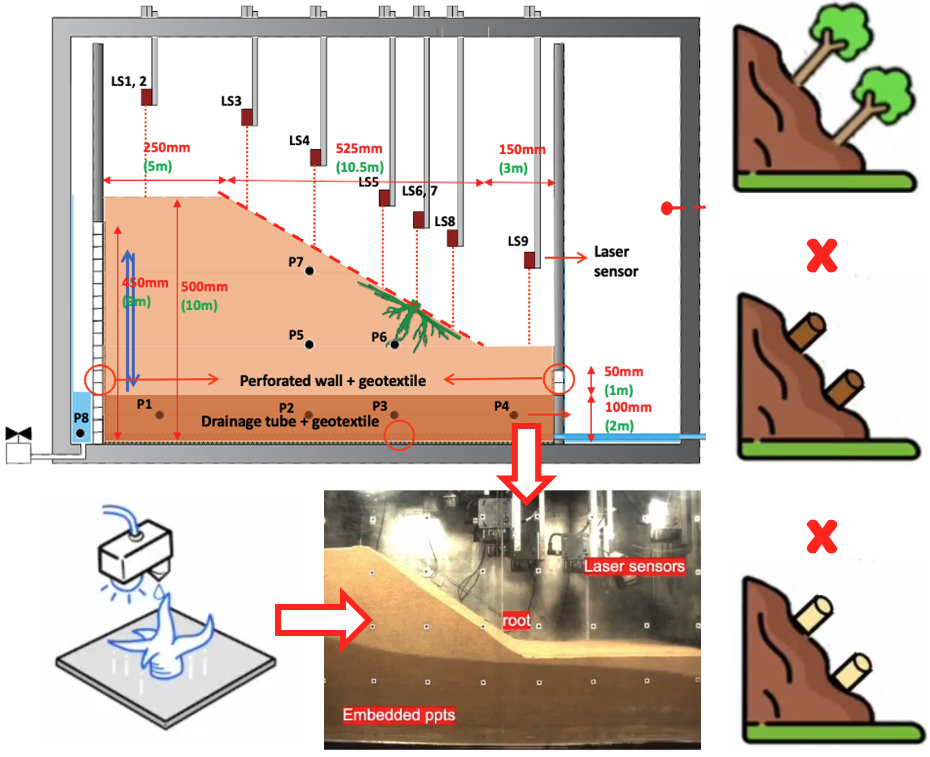
Ruidong LI
Research topic: Cone Penetration Tests in Unsaturated Soil
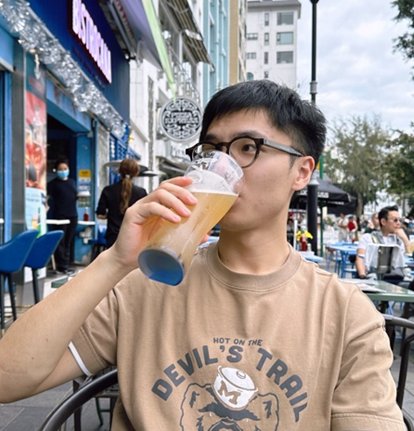
Cone penetration testing (CPT) is a common site investigation method used to determine soil profiles and characterize in-situ soil properties. However, most of the existing interpretations of CPT data are established for dry or saturated soil. In recent years, studies have shown that ignoring the matric suction effect in unsaturated conditions during data interpretation could lead to biased soil characterization and soil property estimates. Still, due to the lack of fundamental understanding of the mechanics during cone penetration in unsaturated soils, accounting for the matric suction effect on the CPT data-soil properties/characterization is not clearly defined, and more laboratory testing in controlled environments is required to fill this gap in knowledge. High-g CPTs ensure the simulation of the entire penetration process is within a stress regime that is much more representative of field conditions than 1- g laboratory testing. In my research, a series of CPTs will be performed in unsaturated coarse-grained or fine-grained soils in centrifuge environment to study and quantify the effect of matric suction to the CPT response.
Yinhan LIU
Research topic: Physical Modelling of Root-Soil Interaction of Trees Under Lateral Loading
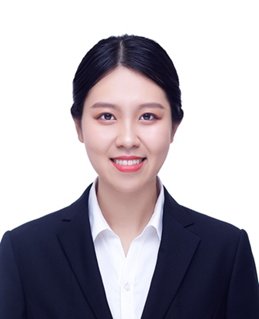 The impact of wind on tree root stability has been extensively studied due to the frequent occurrence of wind-induced tree failures, especially during severe weather events such as hurricanes, typhoons and windstorms, which pose a significant threat to public safety and can result in economic loss. The model package has been designed, which includes a scaled 3D printed root model and a device for simulating lateral wind load on a tree to parametrically measure the overturning resistance of different root architectures in different soil types investigating the root-soil interaction. A better understanding of the mechanisms of tree root failure and anchorage stability of tree roots can be obtained through centrifuge tests, which can help tree specialists and engineers develop strategies to mitigate the risk of damage.
The impact of wind on tree root stability has been extensively studied due to the frequent occurrence of wind-induced tree failures, especially during severe weather events such as hurricanes, typhoons and windstorms, which pose a significant threat to public safety and can result in economic loss. The model package has been designed, which includes a scaled 3D printed root model and a device for simulating lateral wind load on a tree to parametrically measure the overturning resistance of different root architectures in different soil types investigating the root-soil interaction. A better understanding of the mechanisms of tree root failure and anchorage stability of tree roots can be obtained through centrifuge tests, which can help tree specialists and engineers develop strategies to mitigate the risk of damage.
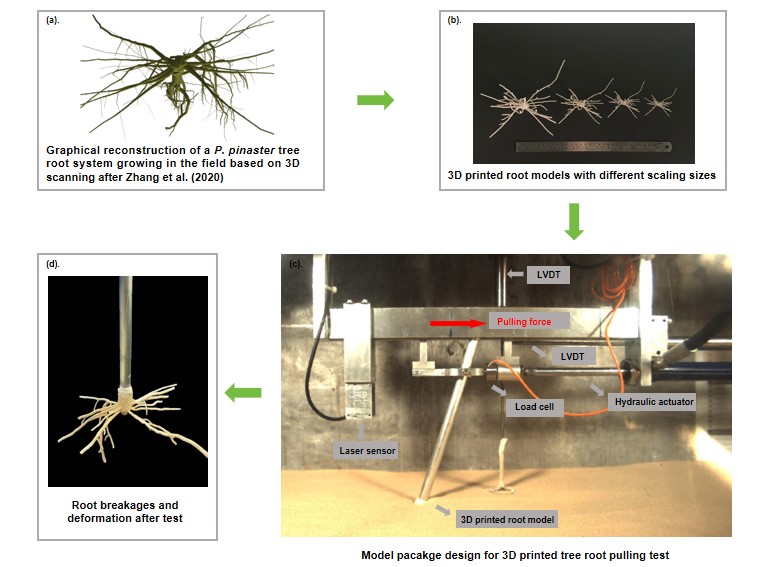
Yuhong WANG
Research topic: Centrifuge modelling of thermo - mechanical behaviour of the energy diaphragm wall in sand and clay

In recent decades, the problem of climate change has received much attention pursuing new kinds of renewable, environmentally friendly resources to fulfil future energy demands. Energy diaphragm walls are closed-loop ground source heat pump systems with long-term economic benefits and great potential in energy efficiency. My research aims to build centrifuge models of energy diaphragm walls in sand and clay to establish the ultimate and serviceability limit states designs of energy diaphragm walls subjected to different modes of thermal operations. This research aims to establish comprehensive study of the thermo-mechanical behaviours of the energy diaphragm walls and provide a design standard for future engineering applications.
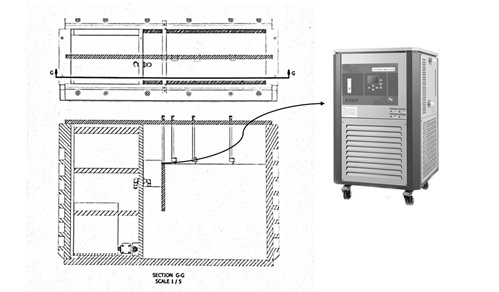
Yeung Ho LAM
Research topic: Centrifuge Modelling of the Energy Retaining Wall Under Thermal Imbalance condition in Saturated Sand
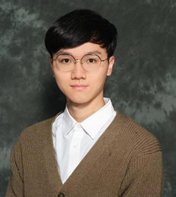 Energy geostrucutres have been studied, developed, and applied for some decades, which were proved to be an effective application to reduce energy consumption in heating and cooling demand. However, in tropical region like Hong Kong, there is an imbalanced thermal comfort demand. Energy geostructures receive extraordinary thermal load under tropical climate conditions. My research aims to construct scaled model ofenergy wall in saturated sand and study the soil-structure interactions using the centrifuge in HKUST. This research helps understand the energy geostructure’s serviceability in region with thermal imbalance, thus, develops design criteria of energy geostrucutre in tropical regions.
Energy geostrucutres have been studied, developed, and applied for some decades, which were proved to be an effective application to reduce energy consumption in heating and cooling demand. However, in tropical region like Hong Kong, there is an imbalanced thermal comfort demand. Energy geostructures receive extraordinary thermal load under tropical climate conditions. My research aims to construct scaled model ofenergy wall in saturated sand and study the soil-structure interactions using the centrifuge in HKUST. This research helps understand the energy geostructure’s serviceability in region with thermal imbalance, thus, develops design criteria of energy geostrucutre in tropical regions.
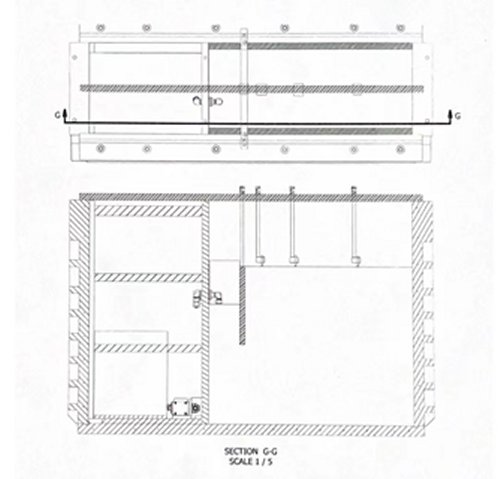
Qi KUAI
Research topic: Centrifuge modelling of twin energy tunnels subjected to thermal cycles in clay
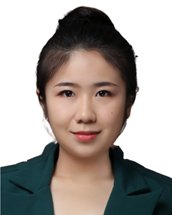 Energy tunnels hold significant potential in addressing climate challenges by harnessing geothermal energy to minimize electricity consumption. However, their widespread implementation is still hindered by concerns regarding long-term operational safety. The objective of my research is to conduct advanced physical modelling of energy tunnels using a geotechnical centrifuge and an in-flight heating-cooling system. By subjecting energy tunnels to cycles of heating and cooling, the response of the tunnels and the surrounding soils can be observed. These data will provide valuable insights into the influence of key factors on tunnel performance, which can be further analysed using the finite element method to enhance our understanding of the interaction between soil and energy tunnels. The findings from this research will have practical implications for future engineering design, offering valuable insights for optimizing the performance and safety of energy tunnels.
Energy tunnels hold significant potential in addressing climate challenges by harnessing geothermal energy to minimize electricity consumption. However, their widespread implementation is still hindered by concerns regarding long-term operational safety. The objective of my research is to conduct advanced physical modelling of energy tunnels using a geotechnical centrifuge and an in-flight heating-cooling system. By subjecting energy tunnels to cycles of heating and cooling, the response of the tunnels and the surrounding soils can be observed. These data will provide valuable insights into the influence of key factors on tunnel performance, which can be further analysed using the finite element method to enhance our understanding of the interaction between soil and energy tunnels. The findings from this research will have practical implications for future engineering design, offering valuable insights for optimizing the performance and safety of energy tunnels.
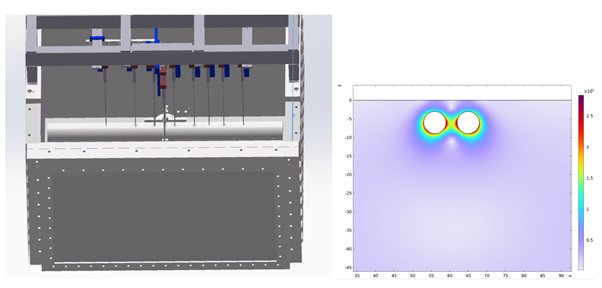
Pengyu ZHU
Research topic: Effects of two-layered sand and clay strata on twin tunnel interaction
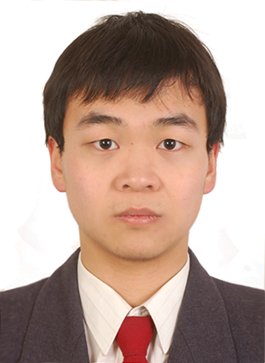
I am a PhD student admitted at HKUST in 2022. My research focuses on studying twin tunnel interaction using centrifuge testing. The development of modern cities necessitates numerous tunnel constructions within confined underground spaces. New tunneling can induce stress redistribution and displacement in the ground, triggering adverse settlements and structural responses on the adjacent existing tunnel. Studies on twin tunnel interaction have primarily been based on the assumpti on of uniform soil. Whereas the knowledge of the effects of layered soil strata on twin tunneling is still limited. Three-dimensional centrifuge tests are conducted to study twin tunnel interaction in two-layered sand and clay strata. Tunnel advancement can be simulated three-dimensionally in-flight using a novel device called a "donut". Hopefully, the findings can provide new insights into twin tunnel interaction and offer conservative guidance for engineering practice.
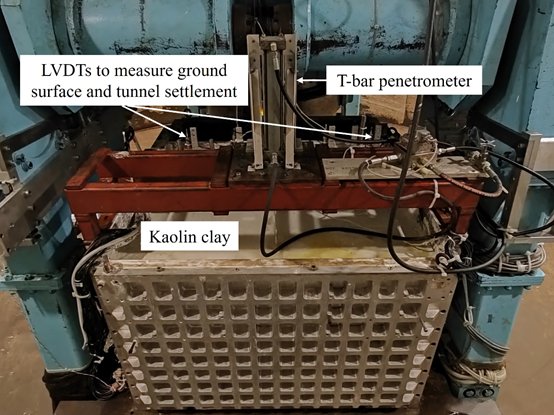
Yi LE
Research topic: Centrifuge modelling of the fatigue behaviour of an SCR in the touchdown zone under combined three-dimensional motions
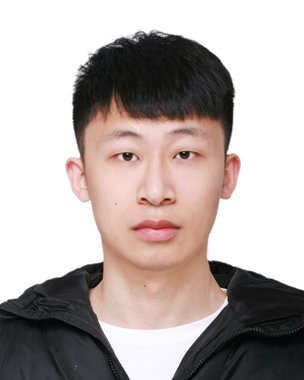
I am a PhD student admitted at HKUST in 2021 and am studying Steel catenary riser (SCR)-seabed interaction using centrifuge. SCRs provide a cost-effective solution for deepwater oil and gas production. However, SCRs are susceptible to potential fatigue failure due to the cyclic motions of floating platforms. Previous studies on the physical modelling of cyclic SCR–seabed interactions have primarily focused on either the continuous cyclic motion of an SCR or a single rest period between two SCR motion packets. However, our understanding of the development of seabed trenches and excess pore pressure and their effects on SCR fatigue during multiple episodes of three-dimensional SCR motion and soil reconsolidation remains limited. To address this knowledge gap, a model container is newly developed which is capable of modelling 3D SCR motion including heave, surge, sway, and vortex-induced vibration (VIV) in a geotechnical centrifuge.
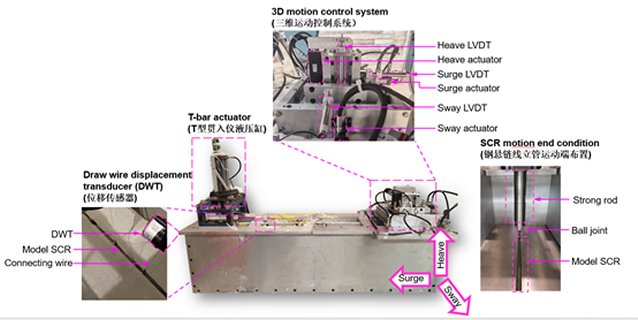
Yikai WANG
Research topic: Effects of freeze-thaw cycles on deterioration of unsaturated slopes
 As a post-doctoral researcher, I am interested in the centrifuge modelling of freeze-thaw cycles on the unsaturated soil slopes. Frost heave, thawing settlement and crack behaviour are the major concern in my study. I developed an in-flight freeze-thaw system within the environmental chamber of the centrifuge. With this device, researchers can gain a deeper insight into the serviceability performance of infrastructures located in challenging ground condition——seasonally frozen soil. Furthermore, when taking account into the climate change, embankments in subtropical area can suffer from freezing-thawing. Design and maintenance methods of slopes in seasonally frozen regions are the major target of my research.
As a post-doctoral researcher, I am interested in the centrifuge modelling of freeze-thaw cycles on the unsaturated soil slopes. Frost heave, thawing settlement and crack behaviour are the major concern in my study. I developed an in-flight freeze-thaw system within the environmental chamber of the centrifuge. With this device, researchers can gain a deeper insight into the serviceability performance of infrastructures located in challenging ground condition——seasonally frozen soil. Furthermore, when taking account into the climate change, embankments in subtropical area can suffer from freezing-thawing. Design and maintenance methods of slopes in seasonally frozen regions are the major target of my research.
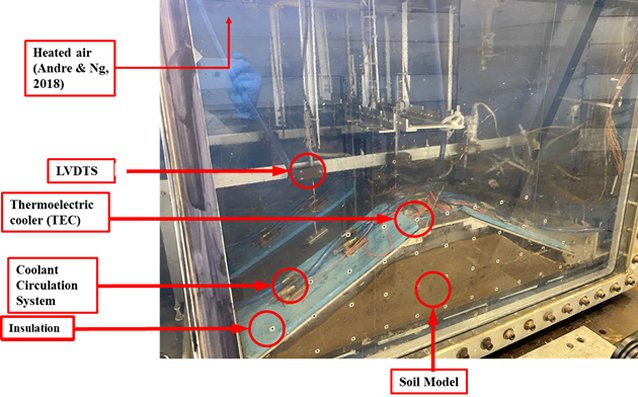
Shuai ZHANG
Research topic: Centrifuge modelling of deep cement mixing columns supporting loose unreinforced hydraulic sand
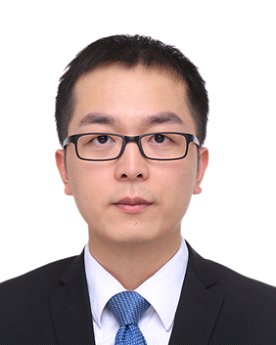
I am a post-doctoral fellow working on the centrifuge and numerical investigation of deep cement mixing (DCM) method in land reclamation works. Land reclamation has witnessed a recent trend involving the use of hydraulic fill on DCM columns. However, the load transfer mechanism between the unreinforced loose earth-platform, semi-rigid columns, and the consolidating soft ground remains incomplete. Existing design approaches are often oversimplified with substantial uncertainties. A series of centrifuge tests have been carried out to investigate the response of DCM improved marine deposit after reclamation backfilling. The in-flight filling procedure was performed using a sand pluviation device controlled by a hydraulic actuator, which opens a trapdoor and allows the overlying sand to fall by gravity. This research provides new insights into the fundamental understanding of the interaction among unreinforced loose earth-platform, semi-rigid columns, and the consolidating soft ground, as well as design recommendations for managing long-term residual settlements and determining the load capacity of DCM columns.
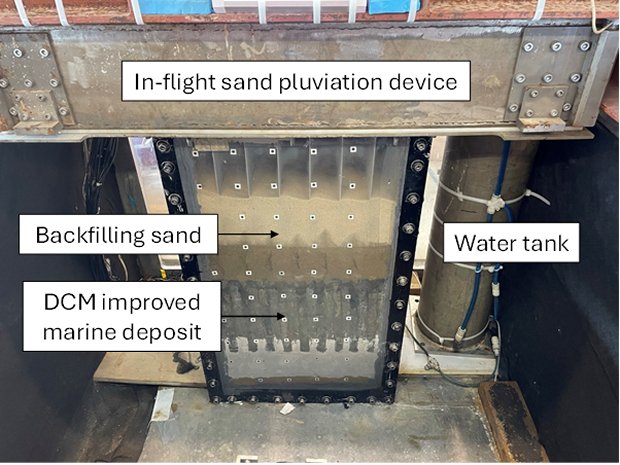
Xin HE
Research topic: The mechanism of debris-ice avalanches
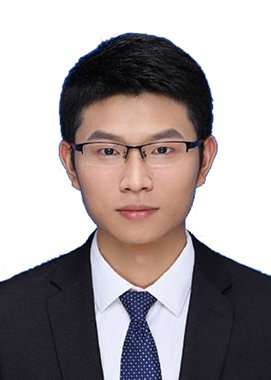
I am currently a 4th-year PhD candidate supervised by Prof. Limin Zhang, focusing on the study of debris-ice avalanches from their initiation to deposition. In contrast to conventional centrifuge modelling tests, the presence of ice in these avalanches necessitates temperature control to preserve the integrity of ice particles. To address this requirement, I have developed a specialized flume equipped with a cooling system that enables the simulation of the entire process of debris-ice avalanches under negative temperatures. This innovative device allows researchers to gain comprehensive insights into various aspects of these avalanches, including their impact characteristics, flow dynamics, and the amplification effect resulting from erosion.
By replicating the environmental conditions of debris-ice avalanches with precise temperature control, our research aims to contribute to a deeper understanding of the complex behaviours and mechanisms involved in these hazardous phenomena. The insights gained from this study can further aid in the development of effective mitigation strategies and engineering measures to minimize the risks associated with debris-ice avalanches.
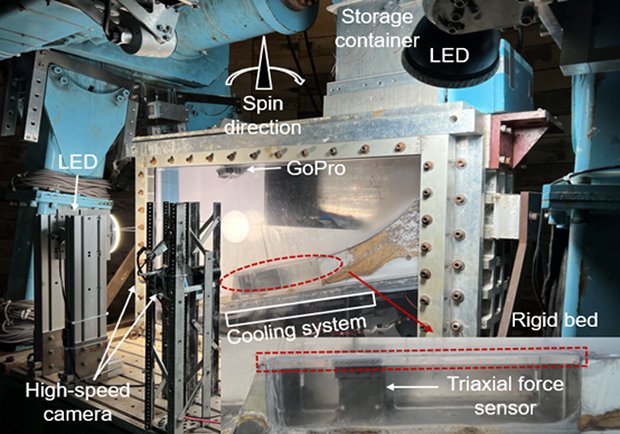
Yuntian ZHAO
Research topic: Centrifuge Modeling of Cemented Stone Column-Seawall System for Land Reclamation

I am a PhD student who enrolled in Professor Gang WANG's research group at HKUST in 2019. My study researches on a cemented stone column-sea wall system for land reclamation. The strengthening/failure mechanism of cemented stone columns on marine clay and the pile-soil interaction were investigated in the centrifuge test. In addition, by changing parameters such as pile diameter and replacement ratio, multiple sets of centrifuge model tests were designed to explore the parameters that affect the stability of the structure. Through this, the structure was optimized to verify the practical feasibility of the cemented stone column-seawall system in land reclamation.
Demonstration: [here]
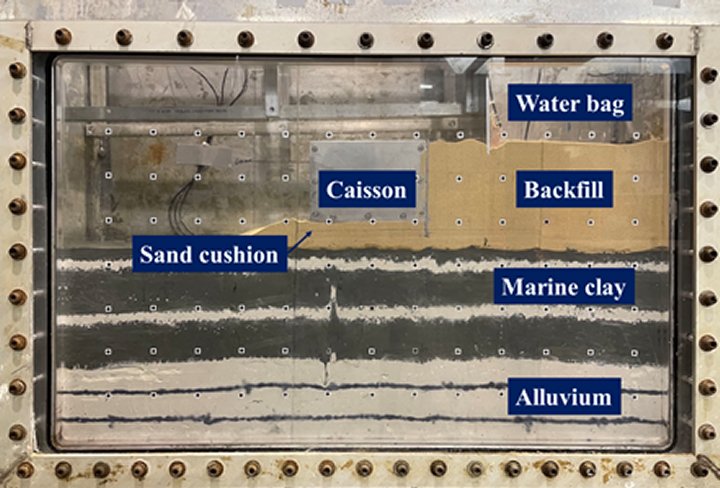
Alireza FARIVAR
Research topic: Centrifuge modelling of a floating elevated energy pile group subjected to non-symmetric thermal cycles in soft clay
I am currently a 3rd-year PhD candidate who is supervised by Prof C.W.W. Ng on the study of energy pile group. Using energy foundations below structures is an effective approach to reduce the energy consumption in recent years. There is not still clear understanding of heating effects on the soil-structure interaction. So, the geotechnical centrifuge modeling is used to investigate the thermomechanical behaviour of energy pile groups. The cyclic heating/cooling in the energy pile group induces excess pore water pressure changes in the surrounding soil within which influence effective stress. Moreover, the temperature changes affect lateral earth pressure conditions on pile-soil interface due to radial thermal deformations in pile, as well as thermal volume changes in soil. These thermally induced phenomena cause cyclic changes in the soil stress and the pile capacity. The consequent plastic strain in the soil causes accumulative irreversible pile settlement. To investigate the problem, the heating/cooling system developed in HKUST is used for centrifuge modelling of energy piles.
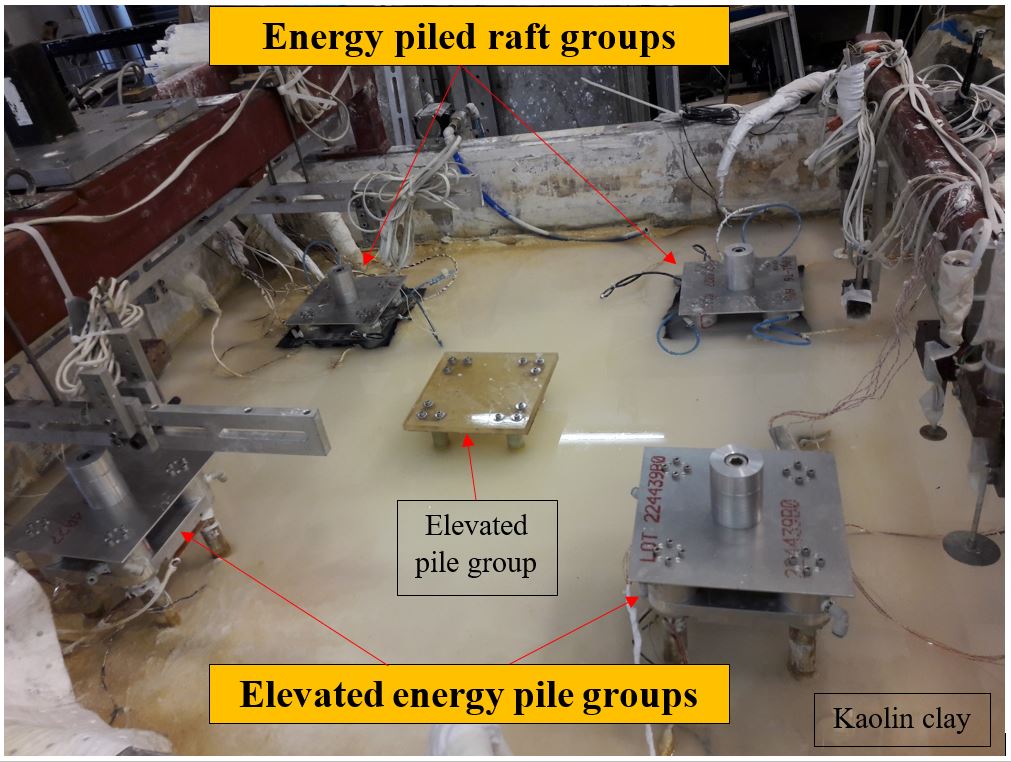
Dr Muhammad SHAKEEL
Research topic: Effects of a multi-propped excavation on adjacent floating pile foundations
I am a post-doctoral fellow, after I pursued my PhD in the HKUST in 2020. Underground space has become increasingly important in relieving the shortage of land and meets the transportation requirements in big cities with the rapid economic development and dramatic increases of population. Deep excavations for underground facilities are usually conducted near existing buildings. It is a major concern for designers to estimate potential damages of existing piles resulting from nearby deep excavations. In my research, a series of three-dimensional centrifuge tests are being carried out to investigate the influence of a multi-propped deep excavation on adjacent axially loaded pile foundations in sand and clay. In-flight multi props installation will be simulated using hydraulic actuator which are controlled by pneumatic valve. This research will provide new insight into the fundamental understanding of the soil-pile-excavation interaction mechanism. It is intended to develop calculation techniques and design charts to improve our current design guidelines, which will have significant beneficial impacts on the safety, the environment and the economy worldwide.
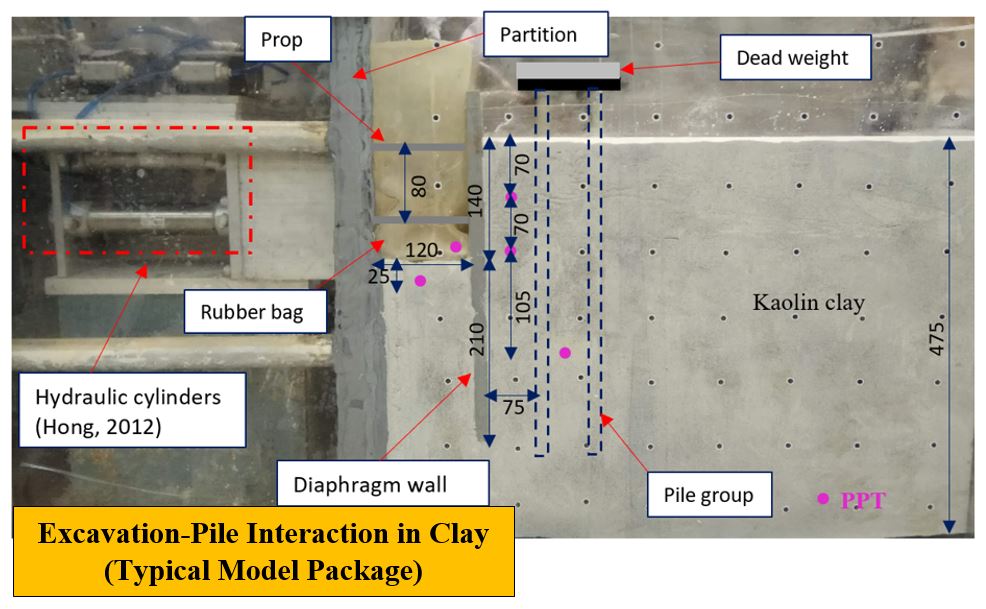
Sina Baghbanrezvan
Research topic: Wellbore-sediment interaction during gas production from hydrate bearing sediments
I am from Iran and admitted as a PhD student at HKUST in 2015. Methane hydrates are the most commonly occurring gas hydrates and are typically found in permafrost and marine soil sediments in areas such as Canada, the South China Sea, the Nankai Trough in Japan and the Korean East Sea. Their natural abundance makes them a potential source of energy for the future. The objective of my research is to evaluate the response of methane hydrate bearing sediments in terms of gas and water flow rates and wellbore stability during hydrate dissociation. To achieve this objective, I have developed and built a new energy harvest chamber which can simulate relatively high pressure (up to 14 MPa) and low temperature (2 - 3 °C) environment for hydrate stability.
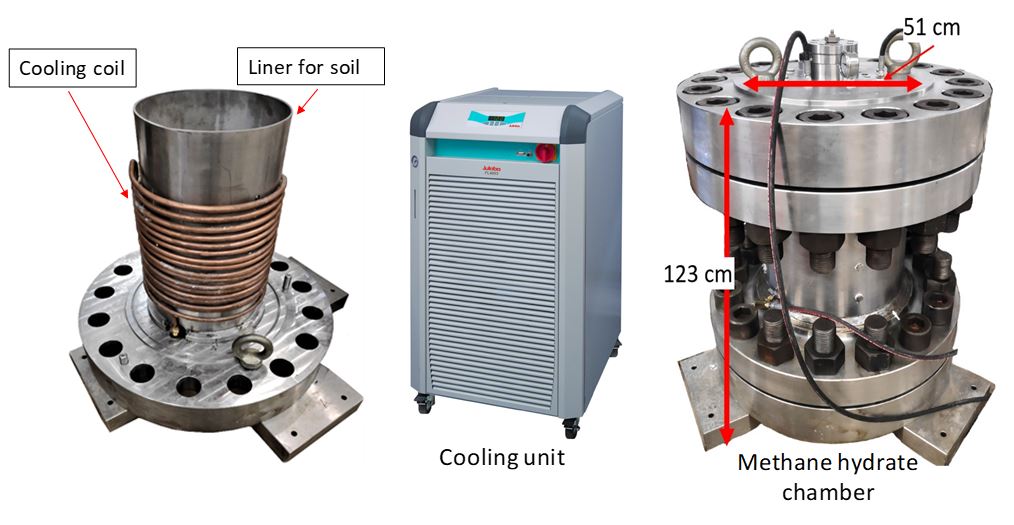
Chao WANG
Research topic: Smart flexible barrier for debris flow mitigation
I admitted to the PhD program in HKUST since 2016. I am working on a project relating to the use of smart flexible barrier as a mean of landslide mitigation. A major challenge of this project is to correctly model the relative stiffness of barrier and the incoming debris flow. In my research, the centrifuge at HKUST is utilized to model the debris volume of 170 m3 in prototype, and its interaction with the barrier of varieties thickness and stiffness. I hope my research will be able to help derive some improved equation for assessing the debris impact force and hence better design the flexible barriers.
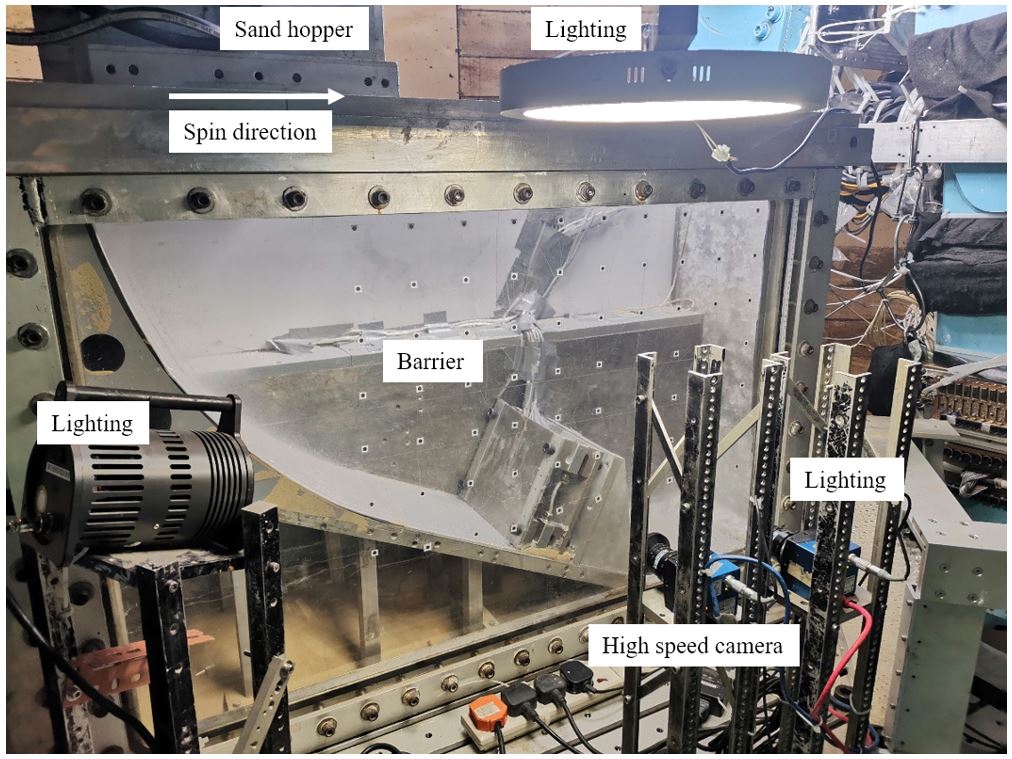
Sherif Mohsen GOMMA
Research topic: Centrifuge modelling of energy piled-raft subjected to non-symmetric thermal cycles in clay
I, born and raised in Egypt, obtained his B.Sc and M.Sc in civil engineering at Mansoura University, Egypt. He works as an assistant lecturer at the faculty of engineering, Mansoura University. I am currently in the third year of his PhD in geotechnical engineering at HKUST. In his dissertation, he focuses on the performance of energy piled-raft subjected to non-symmetrical thermal cycles in clay using centrifuge and numerical modelling. I am interested in how the presence of adjacent energy piles affects the serviceability of piled foundations. During his research, he is using the heating and cooling system developed in HKUST to control the cyclic temperature change in energy piles in a centrifuge. Hopefully, my findings will lead to more sustainable and cost-effective designs. Joining the research environment in geotechnical centrifuge facility at HKUST is a good opportunity for me to meet so many bright minds.
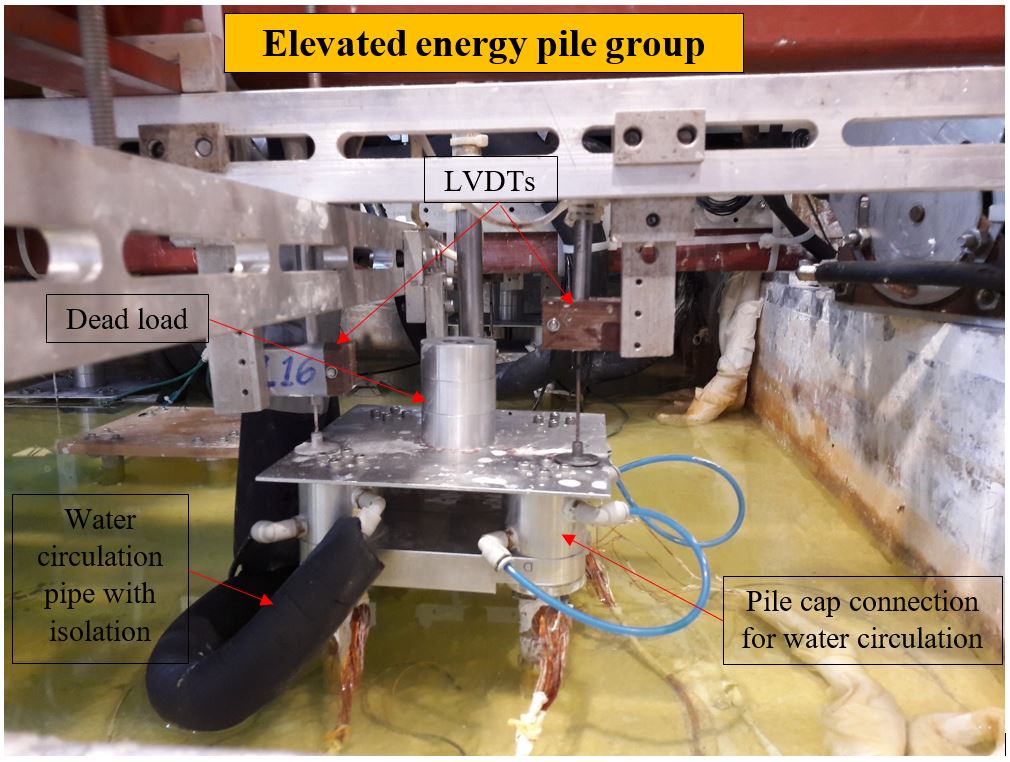
Yikai WANG
Research topic: Centrifuge modelling of a floating elevated energy pile group subjected to non-symmetric thermal cycles in soft clay
As a M.Phil student, I am interested in the centrifuge modelling of freezing-thawing effect on the embankment. Frost heave, thawing settlement and crack behaviour are the major concern in my study. Starting from 2018, I developed an in-flight freeze-thaw system within the environmental chamber of the centrifuge. With this device, researchers can gain a deeper insight into the serviceability performance of infrastructures located in challenging ground condition——seasonal frozen soil. Furthermore, when taking account into the climate change, embankments in subtropical area can suffer from freezing-thawing. Maintenance, early warning and design guideline can be provided through my research.

Annie WONG
Research topic: Effects of skew angle on crossing tunnels
I am a PhD student admitted at HKUST in 2017 and am studying tunnelling behaviour using the centrifuge. With urban development and population growth, new tunnels are now constructed in proximity to existing tunnels. With different skew angles, an existing tunnel is subject to stress changes and deformation, which can lead to serviceability problems. Previous studies on multi-tunnel interaction mainly focus on parallel and perpendicular tunnels. The impact on a new tunnel constructed with other skew angle is not well understood. To investigate the complex interaction, three-dimensional centrifuge modelling of multiple tunnels is conducted. Tunnel excavation is simulated three-dimensionally in-flight using a novel device called the “Donut”. The measured results can be back-analysed using the finite element method to enhance understanding of the interaction of multiple crossing tunnels.

Gayuh PRASETYANINGTIYAS
Research topic: Effects of root decomposition on slope stability
I am a second-year Ph.D. student from Chulalongkorn University, Bangkok, Thailand, and am currently a research exchange student at HKUST. My research area is on the use of soil bioengineering using vegetation to soil stabilisation. I am working on a project investigating how root decay and decomposition may affect the root biomechanicas, soil hydraulic properties including water retention and hydraulic conductivity function, as well as the slope hydrology and stability under rainfall conditions. The species I am interested in Vetiver grass, which has been recognised to be an excellent candidate for slope stabilisation in the literature of soil bioengineering. This kind of grass was transplanted in the centrifuge strong boxes and then killed to initiate root decomposition. The model slopes, with and without subject to root decay, will be tested under the same precipitations to evaluate their stability.
